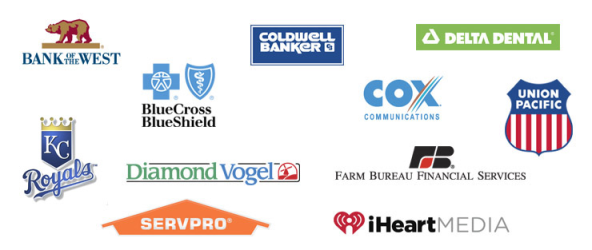I agree; it’s a healthy and fulfilling way to live one’s life. It’s the right thing to do.
While not as virtuous, there’s a somewhat similar-sounding phrase that’s relevant for sales professionals: “Give in order to receive.”
For sales pros, “giving in order to receive” is not necessarily a noble thing to do, but it’s a useful tactic you can use to connect with a hard-to-reach decision maker at a prospective client company.
To be specific, I’m talking about “strategic gifts.”
After trying to reach a prospect several times and failing, a strategic gift might be in order. You’ll probably use this tactic only for potentially lucrative prospects.
A strategic gift can be anything as long as it’s professionally appropriate and relevant. I like to find the newest business book on the market especially one that relates to the prospect’s business or interests. Send a note explaining why you think the book is relevant to that person. It sometimes helps to put the book inside an expensive or professional-looking package, so it seems like a big deal to the recipient. You then call the recipient a couple days after they receive the gift. You’ll find the recipient likely will be more interested in talking to you because you sent an impactful gift.
When you call a prospect to whom you shipped a special book, there’s a higher likelihood they’ll take your call. When you call, and their gatekeeper answers, say, “I just sent him a copy of XYZ book just released by author name, because I thought the book related well to (and then say something about the prospect’s company or his or her career background.). Often the gatekeeper will say, “Oh, yes, I put that book on his desk a couple days ago.” If the decision-maker answers personally, you might even get lucky and hear them say, “It’s sitting on right here on my desk!” or even, “Yeah, I actually skimmed through it!”
I love sending physical books, because they are so easily customized to the prospect’s interests, and they have nice tangible value. But at the same time, they’re not so expensive that people think of you as bribing your way to business.
On the other hand, if a prospective client is particularly valuable to you, and extremely hard to reach, it sometimes makes sense to get a personalized gift or even an upscale (expensive) gift. For instance, if you see that the prospect loves golfing, you could send a golf-related gift. If they’re into craft beer, you can order a premium set of bottles to be delivered from a highly respected brewery.
By the way, not all gifts have to be tangible. “Virtual gifts” are articles or online resources you can send via email, because you believe they would be valuable to the prospect. Virtual gifts include white papers, articles, interesting statistics or lists, market reports, research studies, or even an online membership of some sort.
And then there’s the hybrid – something between a physical and virtual gift. Sometimes, if you want to send an industry report or a white paper and you’ve never been able to engage a certain prospect via email, try printing it on nice paper, attaching a personalized note and then sending it to the prospect in a FedEx or UPS overnight package. Recipients of FedEx packages are always more intrigued by the contents than recipients of regular postal mail.









